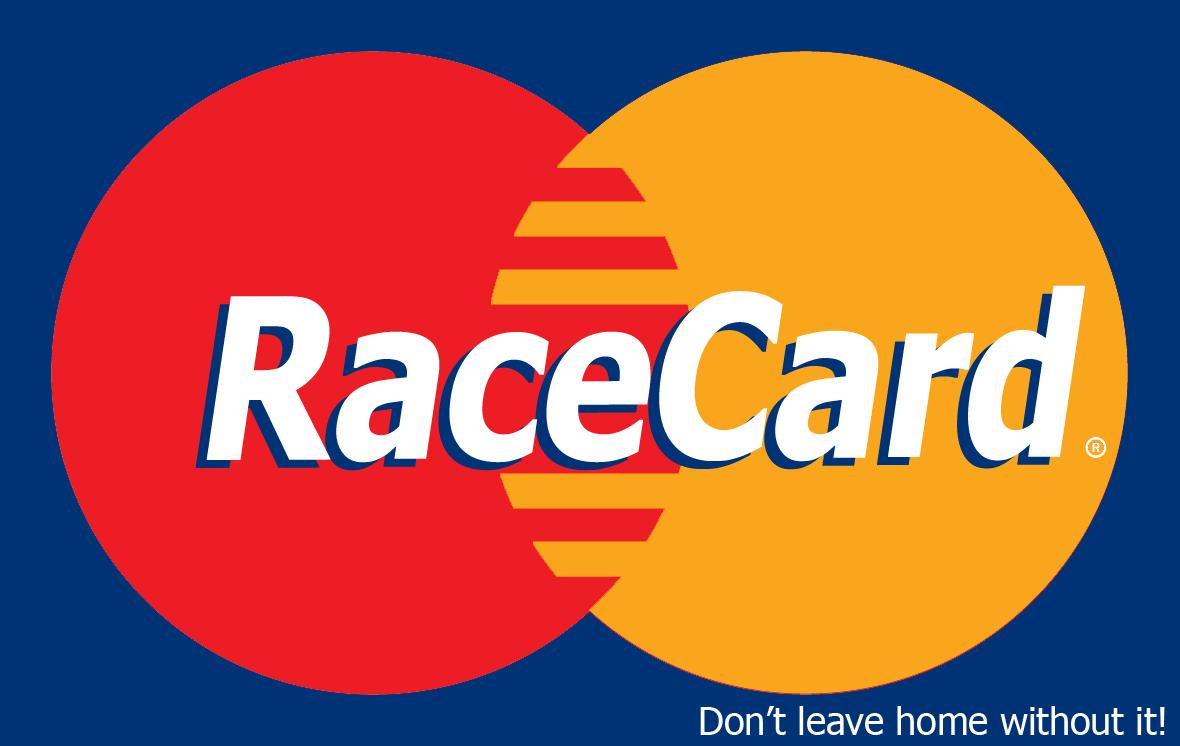Deplorable Me
.700 Nitro Express
VERDICT: Jury awards Gibson's Bakery $11 million against Oberlin College
Gibson's Bakery v. Oberlin College - VERDICT WATCH (Updated)
The condensed version:
Gibson's Bakery v. Oberlin College - VERDICT WATCH (Updated)
The condensed version:
The short version of this story is that the day after the 2016 election victory by Donald Trump, a black male Oberlin College student was stopped for shoplifting wine at Gibson’s Bakery and Market in downtown Oberlin, OH. Gibson’s had been in existence since 1885, was frequented by students, and also provided baked goods to the college dining halls. A scuffle ensued that was joined by two black female Oberlin College students accompanying the male shoplifter and apparently acting in concert with him. All three eventually would plead guilty to shoplifting and aggravated trespassing, and would avow that Gibson’s was not engaged in racial profiling.
But before those guilty pleas, students at the college immediately declared that Gibson’s was guilty of racial profiling, and large protests were organized outside the bakery. Flyers were passed out claiming Gibson’s was “racist” and had “a long account of racial profiling and discrimination.” The Oberlin College Dean of Students Meredith Raimondo allegedly participated in handing out the flyers in front of the bakery. The Oberlin College Student Senate also passed a resolution claiming Gibson’s “has a long history of racial profiling and discriminatory treatment of students and residents alike.” The college administration allegedly helped spread this student senate resolution.
Students started a boycott of the bakery, initially joined in by the college. The college eventually resumed business with the bakery, but then terminated that business after the lawsuit was filed.
Gibson’s and its owners sued the college and Raimondo for libel, tortious interference with business relationships and contracts, intentional infliction of emotional distress, and trespass. Gibson’s alleged long-term damage to its business and reputation for the allegedly defamatory accusations and other torts. The plaintiffs in closing argument asked the jury to award $12.8 million in compensatory damages.


